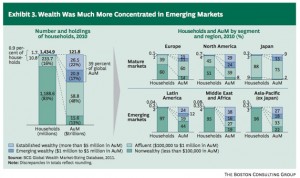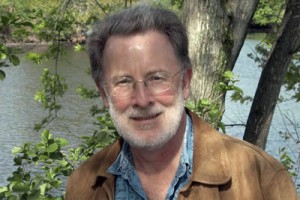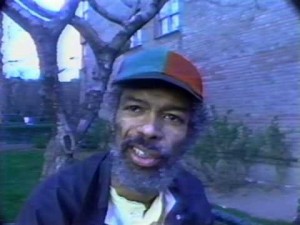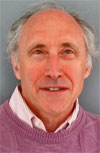
Dear Friends far and wide:
Link TV in San Francisco is a precious resource for the progressive/transpartisan communities, and we¹re asking you to join us in making a gift to Link.
In December 1999, our good friend and colleague, Kim Spencer,
http://www.linktv.org/whoweare/staff launched Link TV, the first nationwide television network dedicated to providing Americans with global perspectives on news, events and culture. In the wake of media consolidation. Americans have little access to diverse perspectives on critical global issues, and Link challenges this trend. Today, Link is now broadcast into 35 million homes across the US (largely through DISH, DIRECT TV and with some cable outlets), has 6.7 million regular viewers (many across the political and cultural divides), and provides coverage not found anywhere else in the US.
Link is the only US provider of Al Jazeera English, broadcasts Amy Goodman's Democracy Now! daily, and has won a Peabody Award for its Middle East news program, Mosaic.
Continue reading “Link TV Educating Americans About Real World”

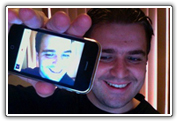
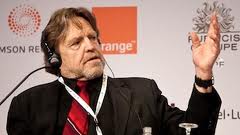

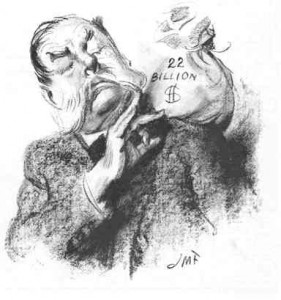
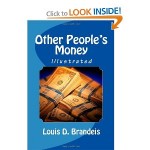 Chapter I: Our Financial Oligarchy
Chapter I: Our Financial Oligarchy